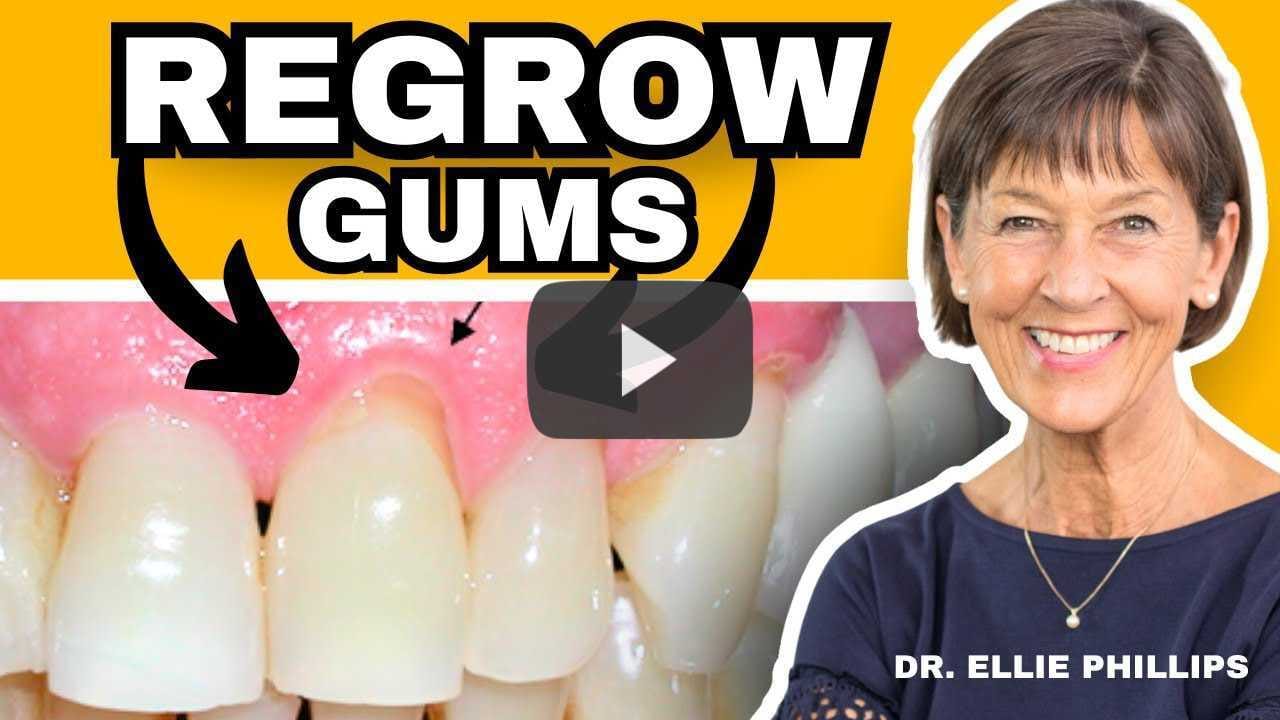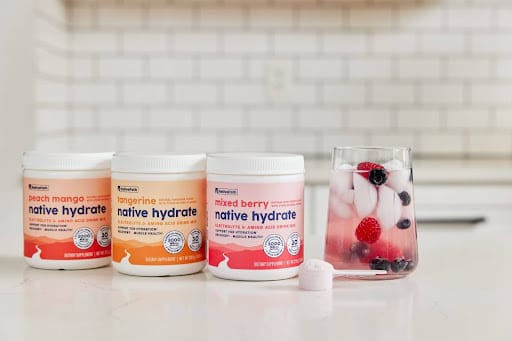❝Healing is a matter of time, but it is sometimes also a matter of opportunity❞
In A Rush?
Today’s 30-Second Summary
If you don’t have time to read the whole email today, here are some key takeaways:
Maca root has long enjoyed traditional use in folk medicine for a wide variety of ailments
Today’s main feature notes there isn’t a lot of evidence for most of those, but its claimed aphrodisiac qualities do appear to be real—as well as being a mood enhancer!
How’s your hydration looking? For most people, at any given time, it’s not great. But it doesn’t have to be that way!
Today's sponsor NativePath is offering a 365-day money-back guarantee on their range of electrolyte and amino acid drink mixes, which are great for your kidneys, bladder, and pelvic floor muscles.
Today’s featured recipe is for sweet potato and black bean tacos—full of fiber, protein, polyphenols, and warm tasty goodness.
Read on to learn more about these things, or click here to visit our archive
A Word To The Wise
Never Mind Your Sleep Schedule…
Blue light from your phone can also harm your skin. Is it serious enough to be cause for concern? A dermatologist explains:
Watch and Learn
How To Regrow Receding Gums
One of the problems with the human form is that our teeth evolved to last us for the whole of our life, with plenty of room to spare before our eventual death at the ripe old age of about 35 on average.
Dr. Ellie Phillips advises those of us who might be a bit older than that, on how we can avoid becoming “too long in the tooth”—in other words, how to keep our gums, and thus our teeth, in place and healthy.
Prefer text? The above video will take you to a 10almonds page with a text-overview, as well as the video!
Research Review Monday
Maca Root: What It Does And Doesn’t Do
Maca root, or Lepidium meyenii, gets thought of as a root vegetable, though it’s in fact a cruciferous vegetable and more closely related to cabbage—notwithstanding that it also gets called “Peruvian ginseng”.
Nutritionally, it’s full of all manner of nutrients (vitamins, minerals, fiber, and a wide array of phytochemicals)
Medicinally, it’s long enjoyed traditional use against a wide variety of illnesses, including respiratory infections and inflammatory diseases.
It’s also traditionally an aphrodisiac.
Is it really anti-inflammatory?
Probably not… Unless fermented. This hasn’t been studied deeply, but a 2023 study found that non-fermented and fermented maca root extracts had opposite effects in this regard:
However, this was an in vitro study, so we can’t say for sure that the results will carry over to humans.
Is it really an aphrodisiac?
Actually yes, it seems so. Here’s a study in which 45 women with antidepressant-induced sexual dysfunction found it significantly improved both libido and sexual function:
❝In summary, maca root may alleviate antidepressant-induced sexual dysfunction as women age, particularly in the domain of orgasm❞
Read in full: A Double-Blind Placebo-Controlled Trial of Maca Root as Treatment for Antidepressant-Induced Sexual Dysfunction in Women
As for men, well these mice (so, not technically men) found it beneficial too:
Effects of combined extracts of Lepidium meyenii and Allium tuberosum Rottl. on [e-word] dysfunction
(pardon the censorship; we’re trying to avoid people’s spam filters)
It did also improve fertility (and, actually in real men this time):
Oh, to be in the mood
Here’s an interesting study in which 3g/day yielded significant mood improvement in these 175 (human) subjects:
And yes, it was found to be “well-tolerated” which is scientist-speak for “this appears to be completely safe, but we don’t want to commit ourselves to an absolutist statement and we can’t prove a negative”.
Oh, to have the energy
As it turns out, maca root does also offer benefits in this regard too:
(that’s not an added ingredient; it’s just a relevant chemical that the root naturally contains)
Want to try some?
We don’t sell it, but here for your convenience is an example product on Amazon 😎
Enjoy!
Our Sponsors Make This Publication Possible
Don't drink more... Drink smarter!
You've probably heard that the human body is about 60% water.
That was true... In our 20s, anyway. By the age of 50, the average is more like 51.5%, and that number continues to drop as we get older.
But it doesn't have to be that way.
NativePath is offering an optimized blend of electrolytes and amino acids, that has been shown to reduce UTIs by 58%, improve muscle strength by 36%, and yes, that includes strengthening the bladder!
In short: you don't have to drink more, if you drink smarter.
Best of all, there's a 365-day money-back guarantee, so there's no reason not to try it out and see if you like it:
Please do visit our sponsors—they help keep 10almonds free
This Or That?
Vote on Which is Healthier
Yesterday we asked you to choose between redcurrants and cranberries—we picked the redcurrants (click here to read about why), as did only 24% of you!
Now for today’s choice:
Click on whichever you think is better for you!
Bonus (Sponsored) Recommendation
Cornbread Hemp’s Sleep CBD Gummies are your nighttime ally. Enjoy peaceful sleep with these full spectrum, USDA organic gummies. For a limited time, get one free when you buy one with code SUMMERTIMEBOGO.
Recipes Worth Sharing
Sweet Potato & Black Bean Tacos
Fiber, protein, and polyphenols! What more could one ask for? Well, great taste and warm healthy goodness, which these deliver:
Click below for our full recipe, and learn its secrets:
One-Minute Book Review
To Medicate or Not? That is the Question!: How to Improve Your Blood Test Results with the Least Amount of Medication Possible – by Dr. Asha Bohannon
Medications are, of course, a necessity of life (literally!) for many, especially as we get older. Nevertheless, overmedication is also a big problem that can cause a lot of harm too, and guess what, it comes with the exact same “especially as we get older” tag too.
So, what does Dr. Bohannon (a doctor of pharmacy, diabetes educator, and personal trainer too) recommend?
Simply put: she recommends starting with a comprehensive health history assessment and analysing one’s medication/supplement profile, before getting lab work done, tweaking all the things that can be tweaked along the way, and—of course—not neglecting lifestyle medicine either.
The book is prefaced and ended with pep talks that probably a person who has already bought the book does not need, but they don’t detract from the practical content either. Nevertheless, it feels a little odd that it takes until chapter 4 to reach “step 1” of her 7-step method!
The style throughout is conversational and energetic, but not overly padded with hype; it’s just a very casual style. Nevertheless, she brings to bear her professional knowledge and understanding as a doctor of pharmacy, to include her insights into the industry that one might not observe from outside of it.
Bottom line: if you’d like to do your own personal meds review and want to “know enough to ask the right questions” before bringing it up with your doctor, this book is a fine choice for that.
Penny For Your Thoughts?
What did you think of today's newsletter?
Wishing you the most well-informed start to the week,
The 10almonds Team









